Intro
Also called New Cleveland Bay, the Yorkshire Coach Horse is a variety of the Cleveland Bay breed that was given an infusion of Thoroughbred blood early in the 19th century. Later they were reabsorbed into the main studbook
Read more
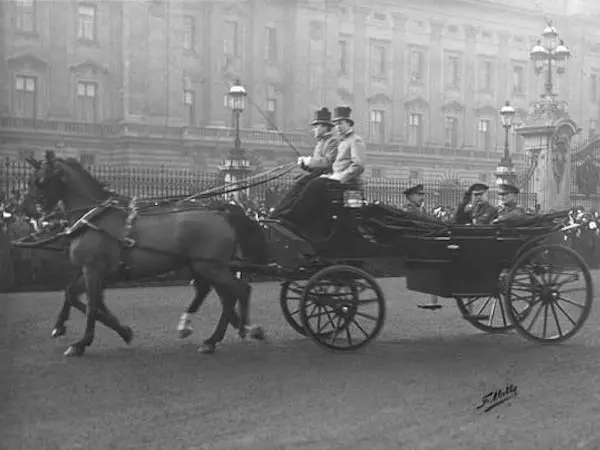
Also called New Cleveland Bay, the Yorkshire Coach Horse is a variety of the Cleveland Bay breed that was given an infusion of Thoroughbred blood early in the 19th century. Later they were reabsorbed into the main studbook
Read more
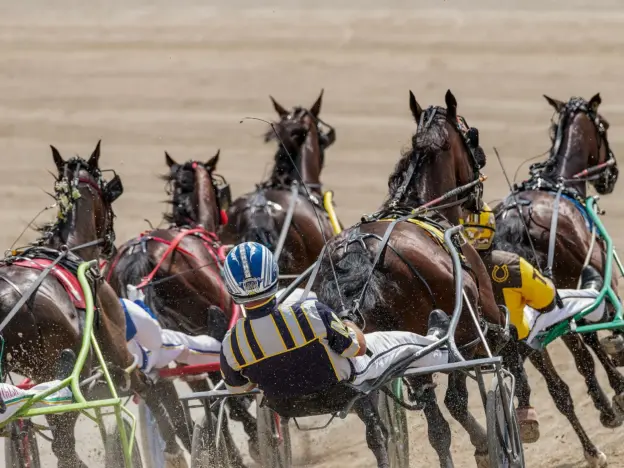
While the sport of trotting has always been popular in the UK, it began to formalize near the end of the 19th century. Local animals were used for these races including Norfolk Trotters, Hackneys and Welsh Cobs. Later horses were imported to further develop the sport. These races were held for both pacers and trotters.
Read more
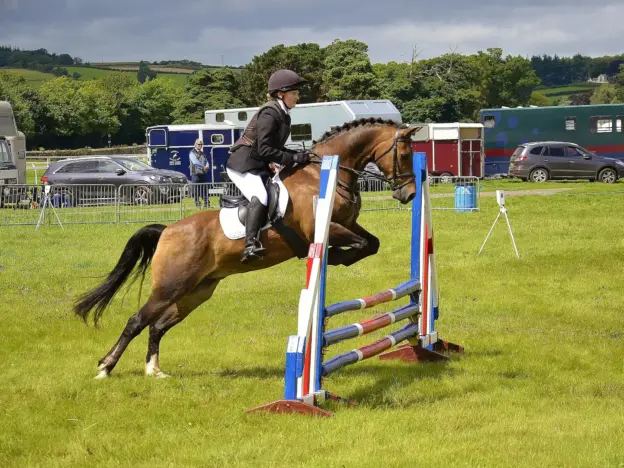
Like the British Sport Horse this is a type more than a breed. Animals can come from various bloodlines and registration is performance driven.
Read more
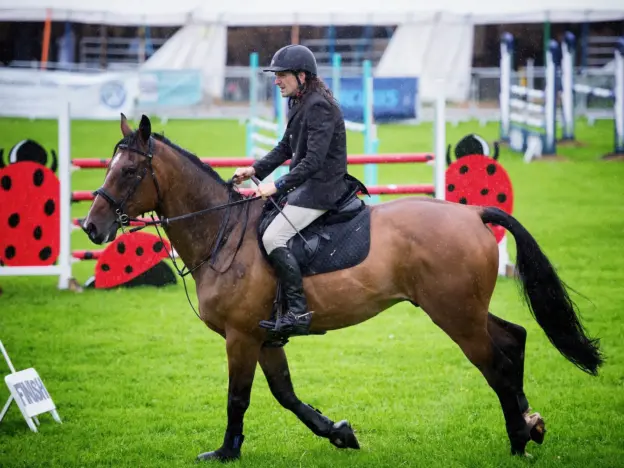
The term Sport Horse is roughly used for the same type of horse worldwide. Generally it is a highly athletic animal that excels in jumping, dressage or eventing. They come in a variety of breeds and are often warmbloods.
Read more
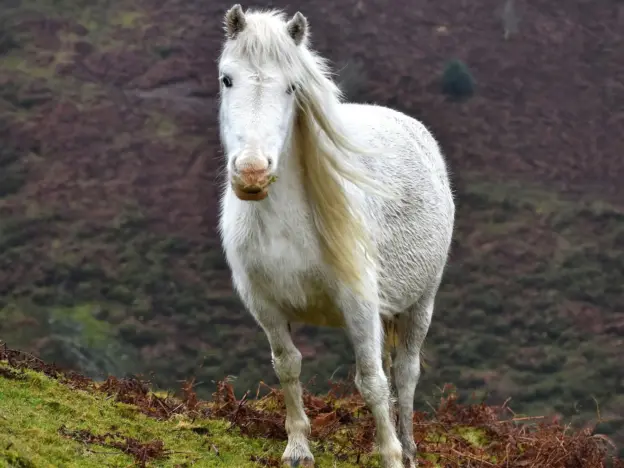
The Long Mynd Pony is named for the Long Mynd heath and moorland plateau of the Shropshire Hills. According to the DAD-IS this breed was officially extinct as of 2006, however there is a herd of wild ponies that still lives on the Long Mynd.
Read more
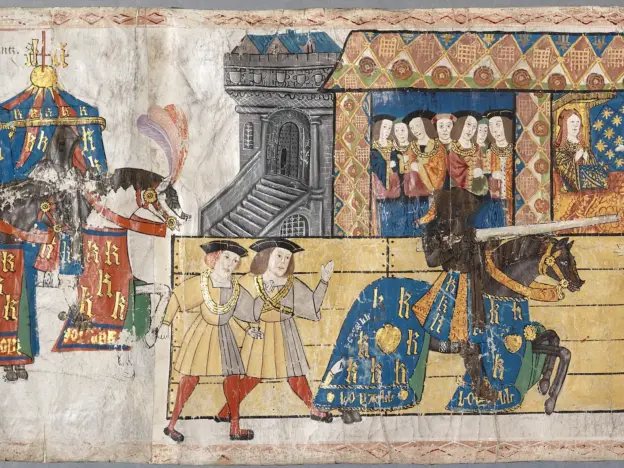
Also called a Destrier (they come from Norman animals) the Great Horse is a war horse of the middle-ages and possibly father of both Shire and Percheron breeds. Prized by knights for their ability to carry a knight in full armor, while remaining agile enough for battle and jousting. They were never common animals.
Read more
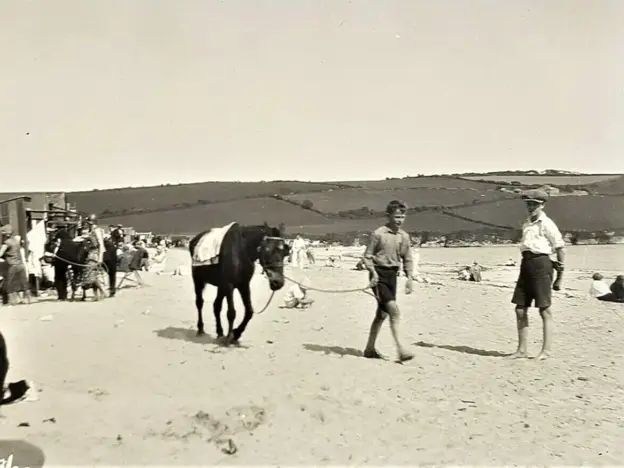
Similar to the Devon Pack Horse, the Goonhilly or Gocan Pony was developed as a pack animal. Their home was the Goonhilly Downs in Cornwall, from which they get their name (goon is Cornish for flattish moorland). This breed is extinct.
Read more
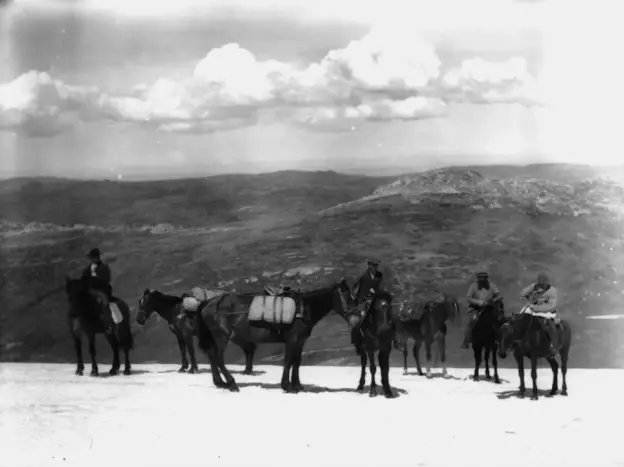
The Devon Pack Horse developed specifically to carry heavy loads, but fine enough to be good under saddle and sturdy enough for light agriculture. They were created from native ponies crossed with lighter, taller animals. This is an extinct breed.
Read more
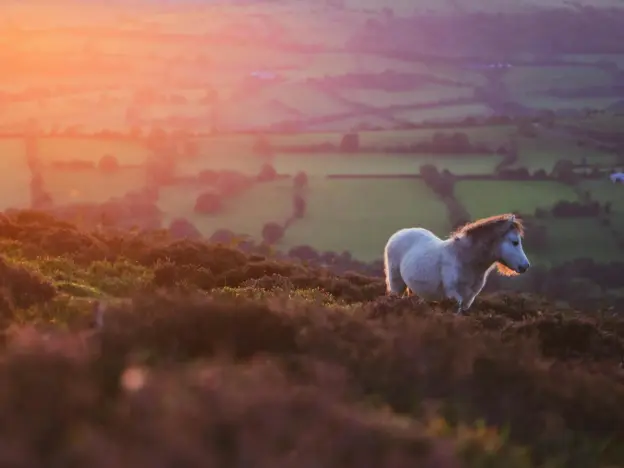
Ponies have been a part of the British landscape for over 10,000 years and their remains have been found all over the country. The United kingdom is a tiny land of surprisingly diverse, but very old pony breeds.
Read more
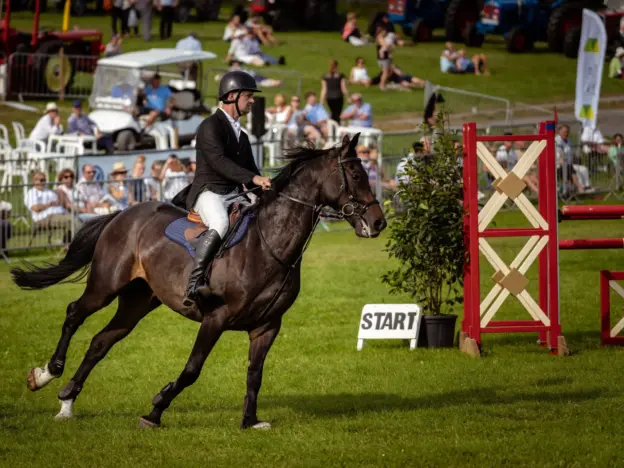
Similar to the color breeds, the British Show Horse Association registers animals based on temperament and performance, not breed genetics.
Read more